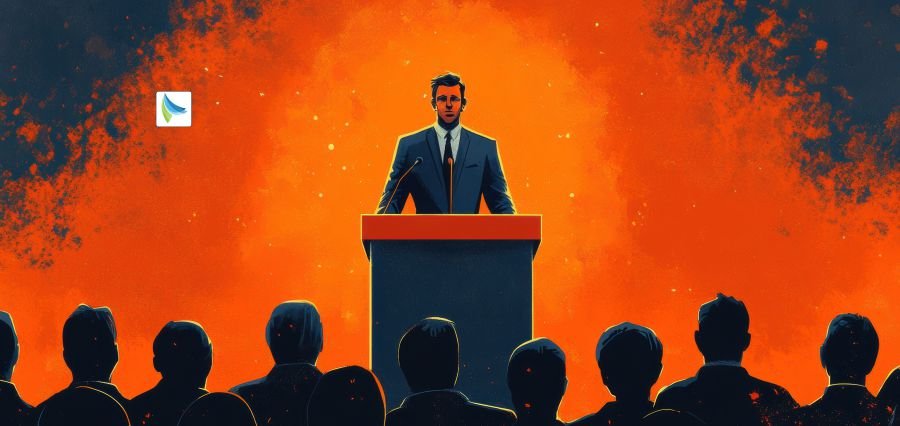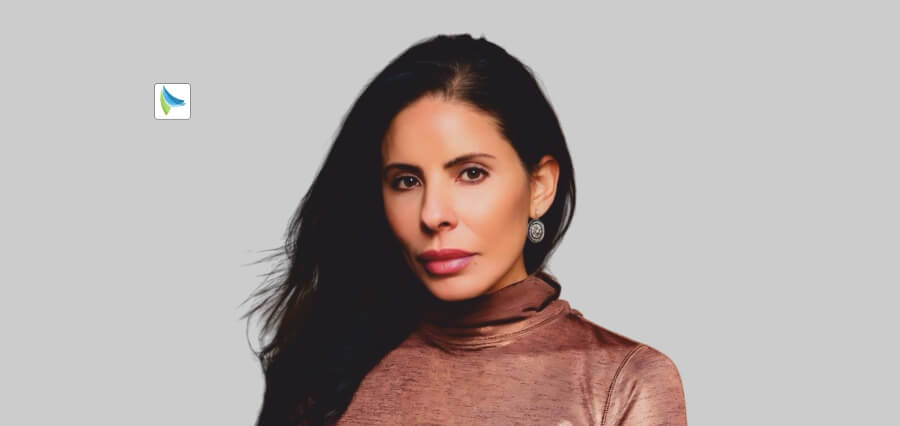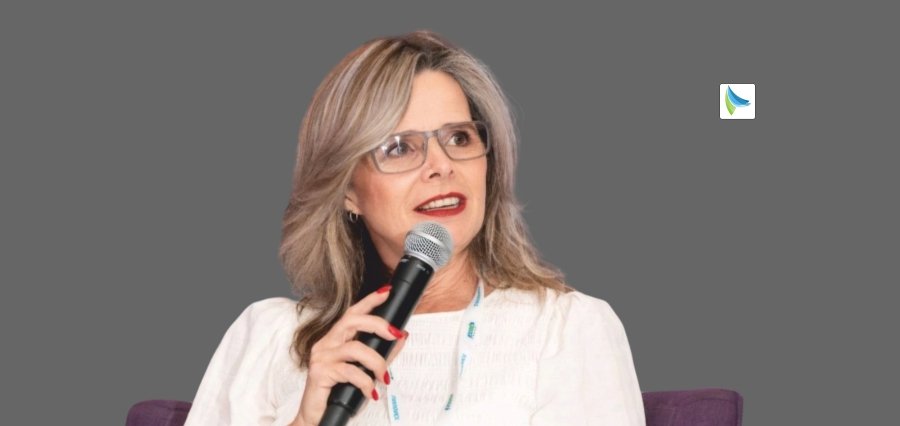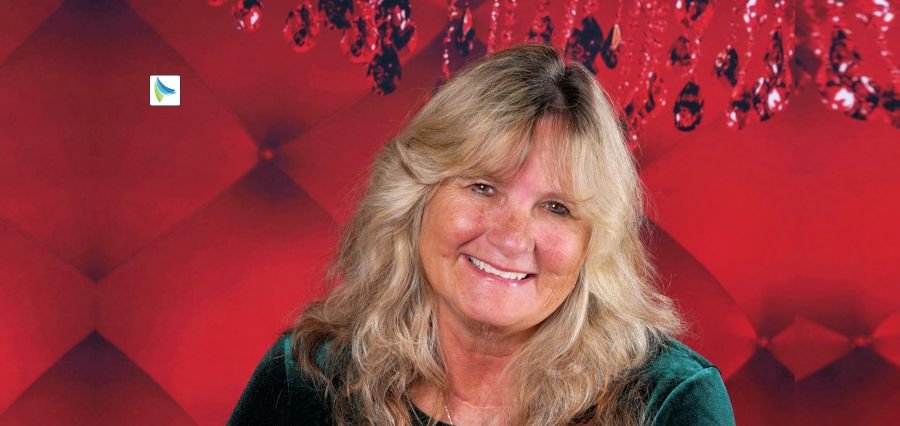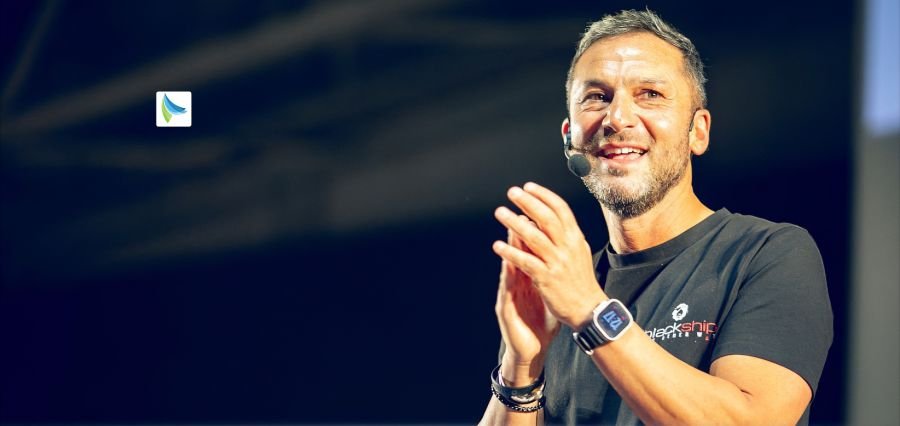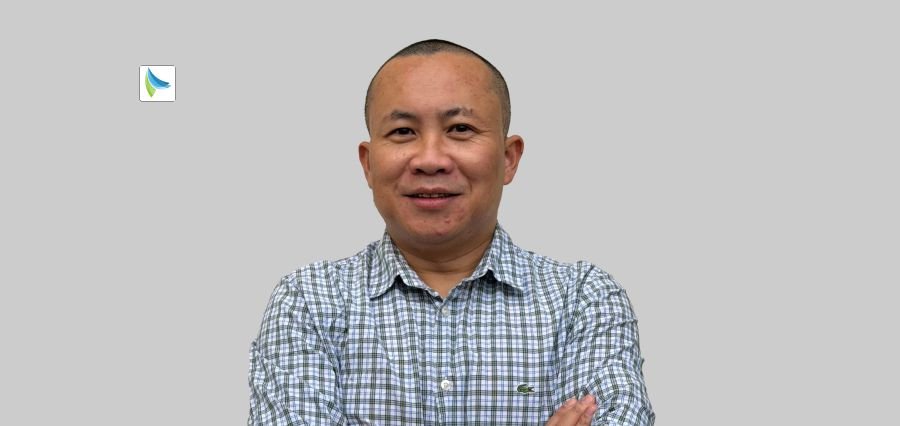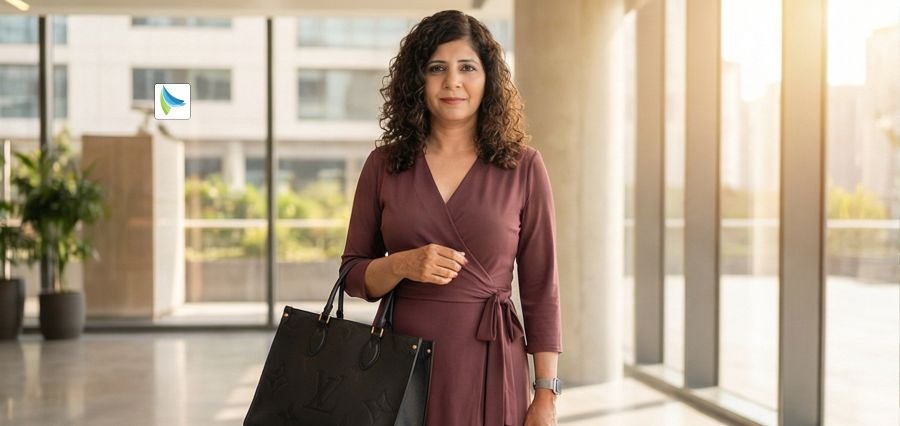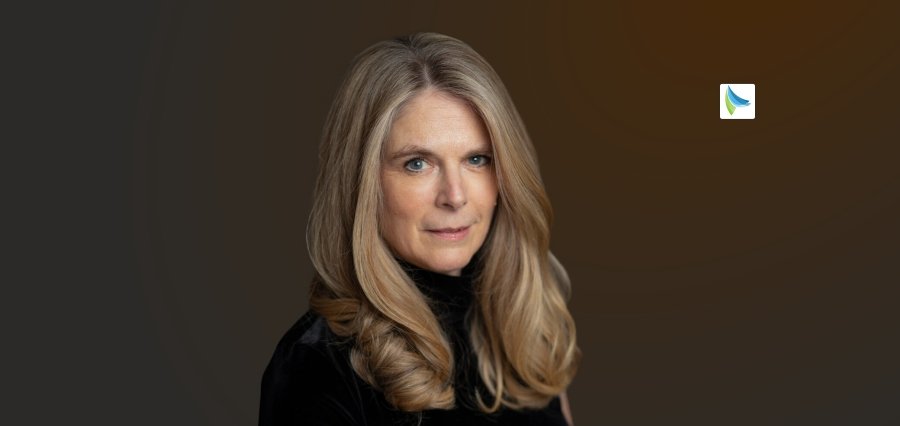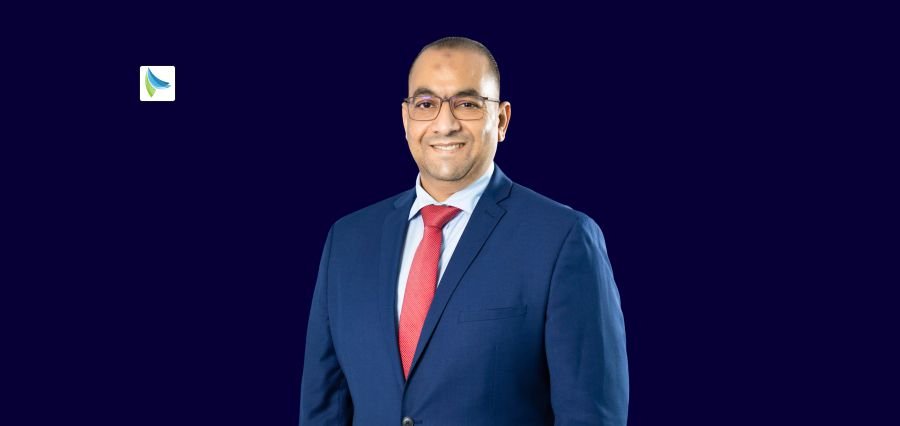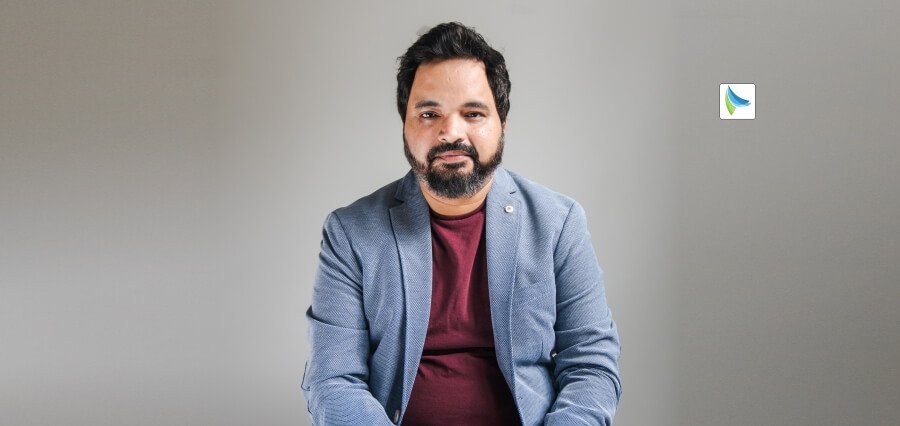Few legal minds operate with the scope, strategic vision, and moral authority of Meriam Nazih Alrashid. As a Globally Ranked International Disputes Counsel and Independent Arbitrator, her career is a blueprint for achieving the pinnacle of international justice. For nearly 23 years, Meriam navigated the highest echelons of ‘big law,’ ultimately serving as Global Co-Chair of International Arbitration and Co-Head of the Latin America Arbitration Practice Group at Eversheds Sutherland US LLP.
Meriam’s mission is clear: to shape the landscape of international justice through strategic dispute resolution. The Chambers attorney ranking service recognizes her and her broad experience, which includes complex international investment and commercial arbitrations throughout the world and ongoing work in the MENA, Central Asia, and Central & South America regions.
What sets Meriam apart is her profound commitment to Human Rights (BHR). Her work extends beyond corporate disputes to advising Sovereign States and civil society NGOs on post-conflict peace negotiations, mediation of separatist organizations, and the adjudication of atrocity crimes, including advocating for legal accountability for crimes against the Rohingya population in Myanmar. Her dual commitment is especially illustrated through her work as Founder and President of Allusionist Pictures, which creates films around legal and social justice themes. Meriam is a real innovator, combining the rigors of international law and the power of storytelling to link issues of corporate governance to the protection of human dignity globally.
Purpose, Courage, and the Transformative Power of Truth
Meriam’s vastly diverse career, spanning high-stakes arbitration, human rights advocacy, and film production, is tethered by one unchanging value: purpose. Her foundation was forged in a profound duality, having been raised between Utah and Baghdad during the tumultuous Iran-Iraq War. This upbringing instilled two urgent, early lessons: “the urgency of justice, and the need to tell stories that matter.” Across every pursuit, the throughline has been defined by integrity and courage, rooted in a deep belief in the transformative power of truth. For Meriam, the perceived chasm between the legal and creative worlds is an illusion. She sees them as deeply connected forces, both used to “shape narratives that impact lives”—whether those narratives are presented in a formal legal brief or on a cinema screen.
A Lived International Law: The Pursuit of Global Accountability
Her commitment to international law was less of a traditional academic choice and more of a “lived” experience. Her childhood exposed her to the challenging intersection of two vastly different systems: the stability of Western academia and the complex reality of Middle Eastern geopolitics. After beginning her career in antitrust litigation, Meriam felt compelled to seek a space where law could directly engage with global accountability. This realization propelled her to pursue a Master’s in International and Comparative Law at George Washington University—a demanding period where she worked full-time and taught simultaneously. This formative experience cemented her conviction, solidifying her commitment to leveraging international dispute resolution, human rights, and arbitration as powerful vehicles for systemic change. She was determined to use her meticulous legal intellect not just to solve disputes but to fundamentally change the systems that create them.
Success as Systemic Change
Meriam’s definition of success transcends typical legal metrics, focusing instead on her impact on the wider structure of global justice. For her, success is not measured by “headlines or accolades,” but by the deliberate effort to challenge enduring systemic flaws. She defines her mission as the dedication to “outlasting what’s wrong,” viewing her entire career as a mechanism for dismantling the unjust status quo. This commitment manifests in her active mentorship and advocacy, where success means “leaving a door open for someone who otherwise wouldn’t be let in”—specifically for women of color aspiring to law. Whether she is advising sovereign states or guiding the next generation, her objective remains constant: “using whatever power I have to create space, shift systems, and never let injustice go unchallenged.” Her success is therefore measured by the enduring positive change she enacts, not the fleeting recognition she receives.
Meticulousness Grounded in Human Cost
The traits for which Meriam is consistently praised—being a “standout lawyer,” a “formidable litigator,” and “very meticulous”—are not just professional skills; they are expressions of a deep sense of responsibility. For Meriam, “meticulousness is not just about detail, it’s about care.” Clients, whether they are governments, investors, or NGOs, come to her in moments of profound complexity, needing more than rote legal advice. They require clarity, strategy, and cultural fluency. Her leadership is therefore grounded in deep listening and an unwavering discipline. Critically, her lived experience shaped an indelible perspective that separates her practice from others. Having worked and advised in high-conflict areas, she understands that every complex dispute has a human dimension, ensuring she “never forgets the human cost behind each dispute,” because she knows “that every decision has weight.”
The Art of Cross-Cultural Diplomacy
Meriam’s extensive experience advising in complex disputes across the MENA, Central Asia, and the Americas is rooted in her unique cross-cultural fluency. Having navigated the profound duality of Arab and American cultures from an early age, she understands that effective dispute resolution requires more than legal expertise; it demands “respect, humility, and fluency in nuance.” She stresses that the crucial step is cultural translation, which applies not just to language, but to understanding deep-seated values, norms, and expectations. Meriam champions a diplomatic approach, asserting: “You can’t impose one model of justice onto another cultural context and expect resolution.” The truly fair and enduring outcomes are achieved when she can “meet parties where they are,” building bridges rooted in mutual dignity. This blend of meticulous legal strategy and deep cultural empathy is, in her view, the definition of effective global diplomacy.
Balancing Law with Ethical Accountability
The global legal landscape is undergoing a powerful shift, moving beyond a simple focus on procedural rules and treaties. Meriam has actively evolved her practice to address this, recognizing a growing demand for legal experts who are also consciously aware of Environmental, Social, and Governance (ESG) factors. Her work increasingly involves the difficult but necessary task of balancing legal outcomes with robust ethical accountability. As states assert sovereignty in new ways and investors navigate rising social risk, this complexity requires a fundamental change in approach. “That evolution requires us to be agile, justice-minded, and more holistic in our approach,” she insists. Meriam responded by expanding her focus into Business & Human Rights (BHR), a practice designed to ensure that commercial strategy never proceeds at the cost of human dignity. This forward-looking commitment secures her role as a critical guide in the future of global commerce, where legal success and social responsibility are intrinsically linked.
The Chasm of Performative Policy
Meriam’s work in Business & Human Rights (BHR) places her at the forefront of corporate accountability. She acknowledges that the BHR field has matured significantly, driven by mandatory human rights due diligence laws in Europe, mounting ESG obligations, and relentless investor scrutiny. However, she sees a dangerous gap between policy and reality. She cautions that much of the supposed progress remains uneven, noting that far too many corporate policies are still “performative, not transformative.”
The core flaw, she argues, lies in the lack of enforcement, allowing companies to routinely “escape meaningful consequences for complicity in harm.” For Meriam, closing this gap requires more than risk management; it demands a total mindset shift, viewing BHR not as a protective shield but as a “core business imperative” supported by binding standards and independent oversight.
Integrating Law and Healing in War Zones
Meriam’s experience advising in post-conflict and high-conflict zones illustrates the highest degree of ethical integration required in international law. In these environments, legal strategy cannot be separated from humanitarian considerations—it must be integrated. She learned early that “Legal advice without a humanitarian lens can perpetuate harm.”
Navigating complex treaties while simultaneously holding space for the profound, “lived trauma of war” demands a rare combination of legal acuity, empathy, and resilience. In such delicate circumstances, Meriam’s philosophy dictates that the most effective strategy is often the least aggressive. The goal is always to restore stability, emphasizing that the strategic decision is frequently the one “that restores trust and allows communities to heal.” This commitment to justice as a vehicle for systemic repair and human dignity defines her extraordinary contributions to global governance.
Advancing Justice Through Strategic Roadmaps
Meriam’s legal expertise regularly transforms global accountability from a lofty ideal into a practical, actionable plan. In one particularly delicate matter, she advised a sovereign government facing intense international scrutiny regarding past human rights violations. Through a combination of strategic use of public international law, meticulous legal analysis, and sophisticated diplomatic channels, her team was able to construct a legal and political roadmap. This roadmap successfully centered truth and accountability while strategically preserving the client’s sovereign dignity—a balance few lawyers can strike. It represented one of the rare instances where her legal work directly supported transitional justice mechanisms in real-time. For Meriam, such profound interventions serve as a constant reminder of her original calling, affirming why she entered this field: “It was one of the rare cases where legal work directly supported transitional justice mechanisms, and reminded me why I entered this field in the first place.”
Allusionist Pictures: Storytelling as a Form of Justice
Meriam’s commitment to justice extends beyond the courtroom and onto the screen through Allusionist Pictures, her innovative film production company. She views the creative and legal fields not as opposing forces but as powerful collaborators. This insight is captured in her core philosophy: “Law teaches us how the world works; film allows us to imagine how it could be.” This realization solidified after attending the Cannes Film Festival, where she recognized how stories profoundly shape policy, perception, and empathy. Meriam co-founded Allusionist to leverage this power, creating films that directly challenge prejudice, reveal injustice, and humanize the headlines that too often become abstract. Their acclaimed work, including the Oscar-winning short Skin, is all grounded in her driving principle: “storytelling is a form of justice.” Through Allusionist, Meriam continues to advocate for systemic change by crafting powerful narratives that move hearts and minds—a necessary complement to the rigorous work of law.
Synergy in Action: Reaching Hearts, Minds, and Systems
For Meriam, her diverse professional roles are not separate disciplines but synchronized instruments for societal change. She views each medium as a way to disseminate the same urgent message of justice. “As a lawyer, I fight for justice through treaties and tribunals. As a filmmaker, I shine light on the human stories behind the law. As a speaker, I connect dots for audiences,” she explained. This integration is intentional; she doesn’t wear separate hats but wears them all at once. This multi-platform approach allows her to achieve a far greater reach than any single career path could manage, enabling her to reach both the emotional core and the structural foundation of the world: “Together, they allow me to reach hearts, minds, and systems.” Meriam’s influence is therefore holistic, impacting policy at the highest levels while simultaneously cultivating public empathy.
The Hybrid Leader’s Code: Creating Space to Thrive
The leadership lessons Meriam refined in big law are directly applicable to her creative and public endeavors. At its core, leadership—whether managing a complex legal team or directing a creative project—is defined by listening. The leader’s essential function is to “hold vision and create space for others to thrive.” Both fields demand clarity under pressure, high emotional intelligence, and the ability to navigate uncertainty without compromising core values. Meriam’s distinctive approach to leadership, however, stems from her personal history. She leads with transparency and mentorship precisely because she has been in rooms where she was underestimated, forging a deep conviction about the power of visible success: “I lead with transparency, mentorship, and purpose, because I’ve been in rooms where I was underestimated, and I know how much representation matters.”
Bridging Worlds: A Vision for the Future
Looking ahead, Meriam’s vision is centered on relentlessly “bridging worlds.” She intends to continue building legal strategies that solidify human rights as non-negotiable and producing films that transform justice from an abstract concept into something deeply personal. Her commitment extends to mentoring the next generation of advocates—those who are ready to move beyond traditional expectations and do not feel they need to “fit the mold.” Meriam’s career is proof that hybridity is the future of impactful leadership. She strives to show that one can be “strategic and soulful, sharp and soft, technical and creative.” She views this integrated approach not as a personal preference, but as a global necessity, concluding with a powerful call to action: “The future demands hybrid leaders. I hope to continue being one of them, and to lift up many more along the way.”




